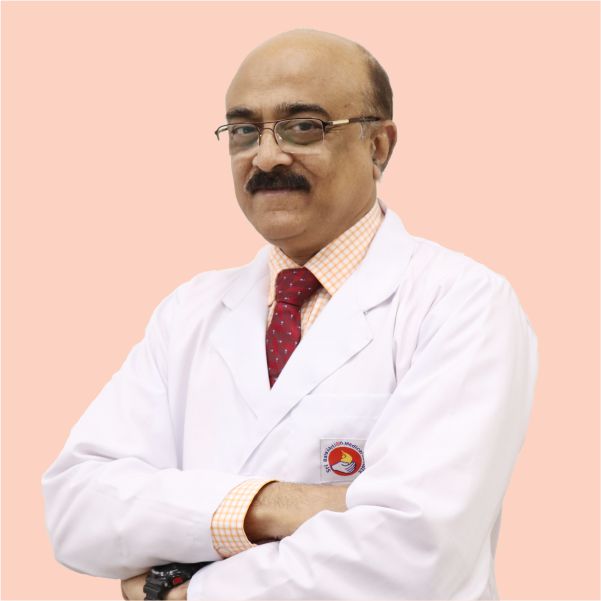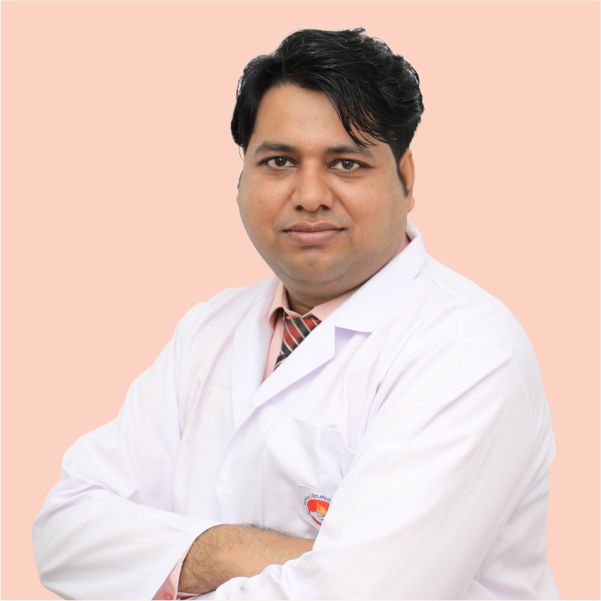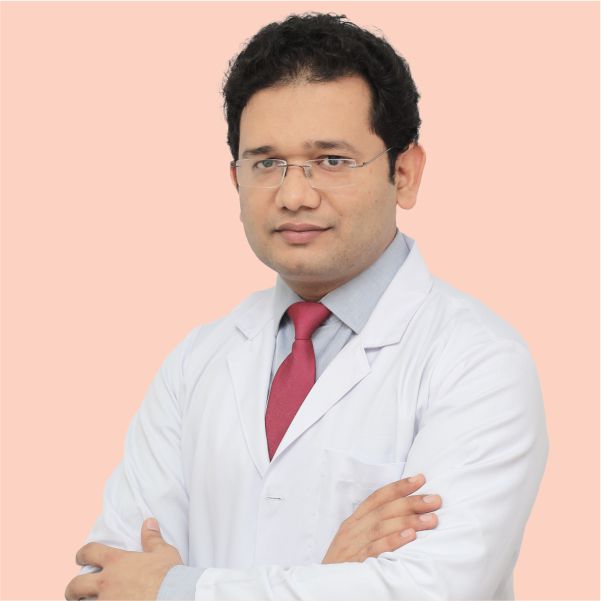Respiratory Infectious Diseases encompass a diverse group of illnesses caused by various pathogens that affect the respiratory system. These diseases can range from mild infections like the common cold to severe conditions such as pneumonia and tuberculosis. Understanding the causes, symptoms, prevention, and treatment of respiratory infections is crucial for safeguarding public health and ensuring effective medical interventions.
Call 011-42888888 to book an appointment with a specialist at Sri Balaji Action Medical Institute.

Unit Head & Sr. Consultant

Sr. Consultant

Associate Consultant

Associate Consultant

Associate Consultant